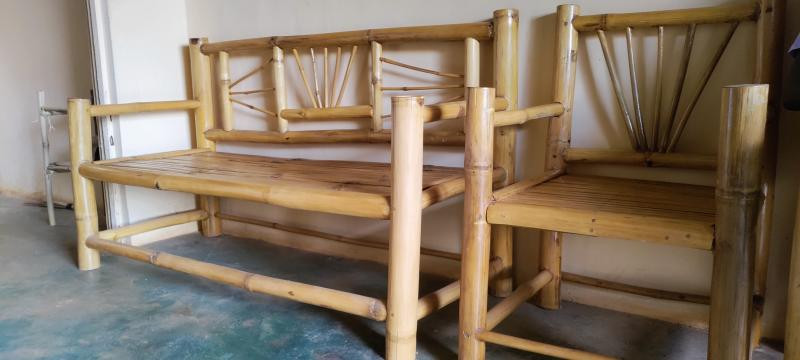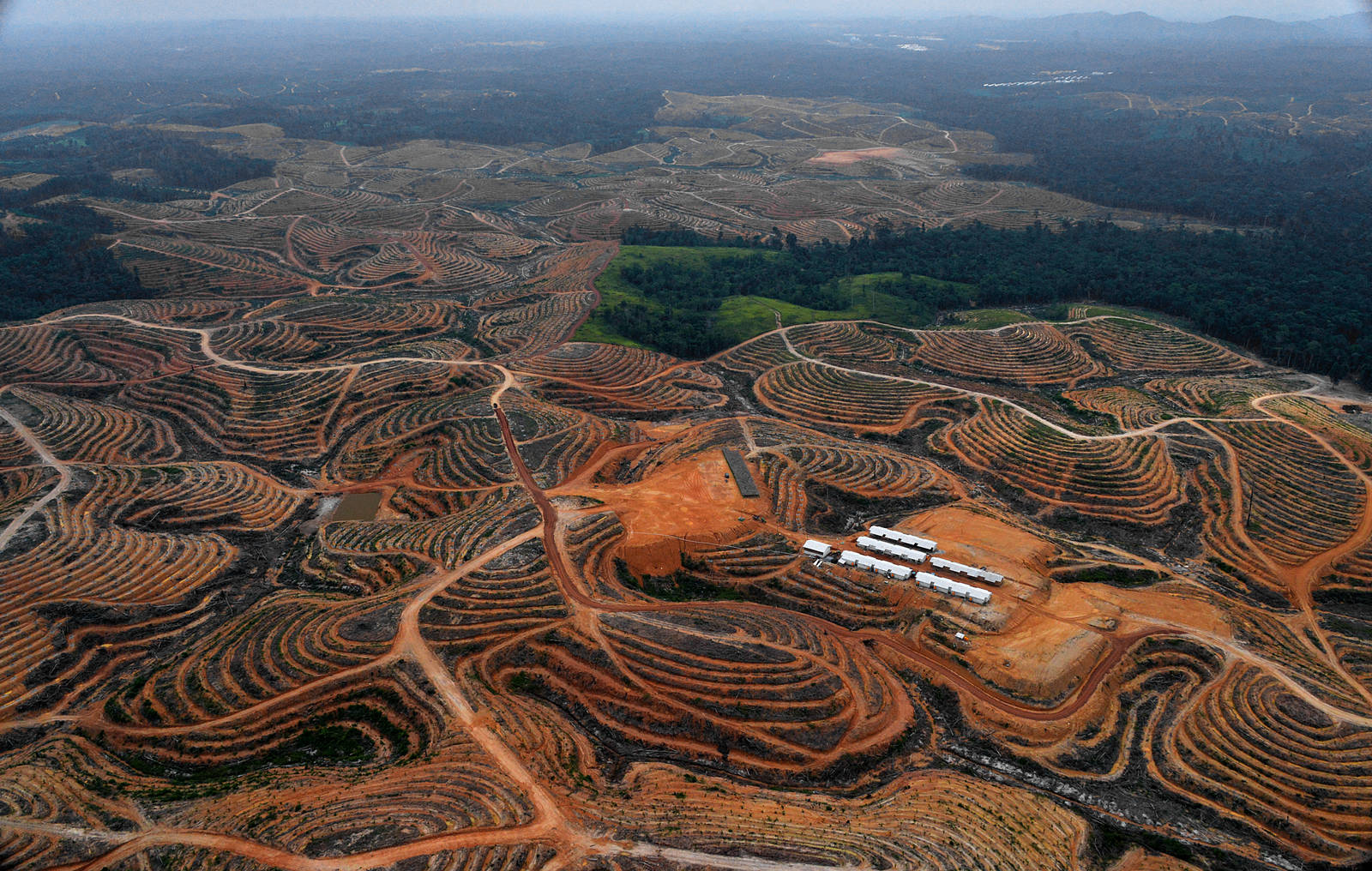From the lush fertile landscapes of Webuye, in Bungoma County, two visionary farmers embarked on a remarkable journey of transforming communities through bamboo farming, a plant that many, globally, have started paying attention to.
Daniel Wepukhulu and Robert Kodingo is a team dedicated to bamboo farming and youth empowerment. Their efforts have brought economic growth by fostering environmental sustainability and efforts toward social change.
Wepukhulu, an environmental and climate change specialist, and Kodingo, a communication and public affairs consultant, came together a decade ago on a project they did not give much thought, that would change lives.
The duo recognised the immense potential of bamboo, deciding to harness its power and create a positive impact for not only the community around them but also the environment.
“This journey began with the cultivation of bamboo shoots in a modest space. With determination and meticulous care, we have transformed a neglected piece of land into a thriving bamboo plantation,” said Wepukhulu.
As bamboo matured, they started researching and exploring its applications, ranging from furniture and handicraft production to construction materials and renewable energy.
Driven by their desire to create a sustainable future, they went beyond bamboo farming and established a unique recreational centre named “Bamboo Haven.”
A sanctuary of knowledge
With the help of donors and well-wishers, the centre now serves as a sanctuary of knowledge and skills, providing a platform for imparting the art of bamboo craftsmanship to young minds in the community.
Here, budding artisans learn the intricate techniques of transforming raw bamboo into exquisite products, ranging from intricately woven baskets and stylish furniture pieces to eco-friendly packaging materials. Bamboo belongs to the grass family and boasts astonishing growth rates, capable of reaching maturity within a few years. This rapid growth, combined with its resilience, adaptability and, economic value, makes it an attractive cash crop for farmers worldwide.
Kenya is home to several bamboo species, primarily belonging to the Bambusoideae subfamily. The species are Oxytenanthera abyssinica, Arundinaria alpina, Yushania alpina, Bambusa vulgaris, Dendrocalamus asper and Gigantochloa atroviolacea.
The time it takes for bamboo to mature can vary depending on the specific species and growing conditions. However, in general, most bamboo species reach maturity within three to five years. During this time, bamboo plants go through several growth stages.
In the first year, the bamboo plant focuses on establishing its root system and developing strong underground rhizomes. Above ground, only small shoots may emerge.
From the fourth year onward, the bamboo plant is considered mature, and its culms (stems) reach their maximum height and diameter. At this stage, the bamboo is ready for harvesting, if that is the intended use. It is important to note that some larger and more valuable bamboo species, such as timber bamboo, may take longer to reach maturity, sometimes up to seven years or more.
Factors such as climate, soil quality, water availability, and proper care can also influence the growth rate of bamboo. Bamboo can be propagated through various methods, including planting seeds, Rhizome cuttings and division, which is the most common method of bamboo propagation and involves dividing an existing bamboo clump into smaller sections, each with its own rhizomes and culms (stems). The bamboo shoots are also sold, depending on the species. One shoot is sold from Sh1,800. Bamboo is an incredibly versatile plant that can be used to produce a wide range of products. Wepukhulu and Kodingo give insights on the value addition opportunities in bamboo tree.
Furniture
Bamboo can be used to make various types of furniture, including benches, chairs, tables, beds, and shelves. It is known for its strength, durability, and natural beauty. One bench costs about Sh1,500

Building materials
Bamboo can be used as a building material for structures such as houses, fences, and bridges. It has excellent strength-to-weight ratio and can be an eco-friendly substitute for traditional materials like timber and steel.
Kitchenware
Bamboo can be crafted into utensils, cutting boards, bowls, mugs and other kitchen accessories. Cups and mugs range from Sh100 to Sh200, depending on size.
Decorative items
Bamboo can be woven or shaped into decorative items such as lamps, vases, picture frames, and blinds. Its natural texture and warm color add an earthy and elegant touch to home decor.
Ornaments
Ornaments such as necklaces, earrings, bracelets among others can be made from bamboo.
Musical instruments
Bamboo is commonly used to make musical instruments like flutes, panpipes, and xylophones. Its natural hollow tubes and resonant qualities make it suitable for producing melodic sounds.
Personal care products
Bamboo extracts and fibres are used in the production of personal care items such as tooth and hair brushes, skincare products, and bath accessories. Bamboo’s antibacterial properties make it a popular choice in hygiene products.




